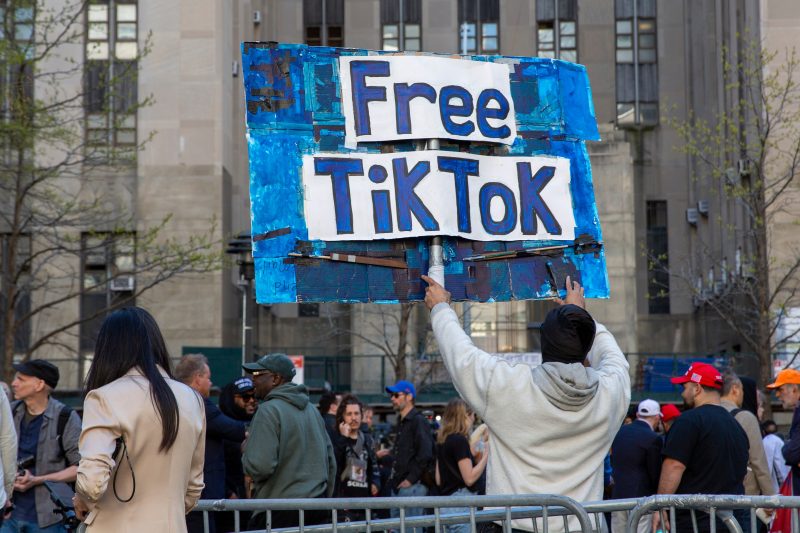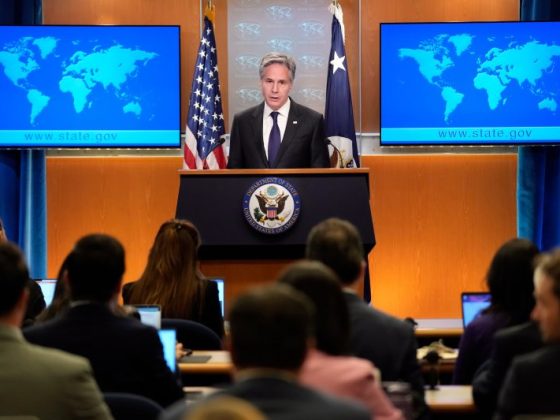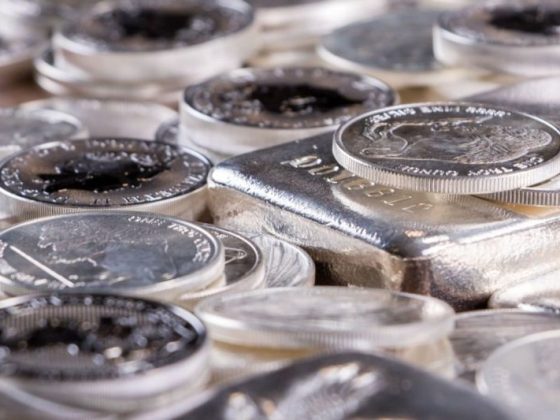As one of his signature moves, former President Donald Trump continues to toggle his opinion on the infamous short video platform TikTok. Contrary to his previous stand, Trump is now blaming the current US President, Joe Biden, for allegedly wanting to ban the app.
Donald Trump’s inversion of view on TikTok is nothing short of frank irony. It’s crucial to remember that during his tenure as President, Trump made no-secret about his intentions and efforts to ban the Chinese-owned app, citing concerns over privacy and national security. He alleged that the app collects substantial data from its American users and might use it to the advantage of the Chinese government.
There was a period during Trump’s presidency when it seemed like the days of TikTok in the United States were numbered. He signed an executive order on August 6, 2020, that targeted TikTok due to their data privacy practices, demanding its parent company ByteDance to sell its US operations to an American company, or face a complete ban. If it wasn’t for the subsequent legal and business complications, TikTok might have become a relic of the past.
Yet, Trump, known for his unpredictable stances, has recently accused Biden of nurturing a similar intention to ban TikTok. The reversal of his previous stand vividly proves the dynamic and often confusing world of political ideologies. Trump didn’t provide any substantial evidence to back his claim about the Biden regime’s stance on TikTok. Instead, he appears to be working on the assumption that Biden would follow his lead regarding his administration’s tough stance on China.
The crux of Trump’s argument seems to be a continuation of the controversial narrative that saw his administration battle with platforms believed to be violating US interests in many ways. He has chosen TikTok to be at the center of his argument, a platform that has experienced remarkable growth and dominance in the global social media market.
Interestingly, the Biden administration has not shown any strong inclination towards banning TikTok till date. Biden’s approach towards China appears more balanced and policy-driven, rather than impulsive decision-making. He has sought a broad review of his predecessor’s attempts to address potential security risks from Chinese tech companies.
However, Biden’s administration has shown concern over the underlying issue, which is the aggregate data collection and possible manipulation by foreign adversaries. Moreover, it’s committed to addressing these threats through the rigorous scrutiny of such entities and not by outright bans.
The return of the TikTok debate showcases the divergent views that exist within the realm of definitions of national security and the role of social media platforms. It underpins the necessity of providing a safe virtual environment for users while not stunting the growth of tech companies and the free flow of ideas.
In this constantly changing continuum of perspectives, Trump’s sudden casting of Biden as an alleged TikTok antagonist seems more positional rather than factual. Whether it’s a genuine concern about the platform’s influence or a political tactic for the future, it surely defines Trump’s intriguing switch in stand regarding TikTok.











